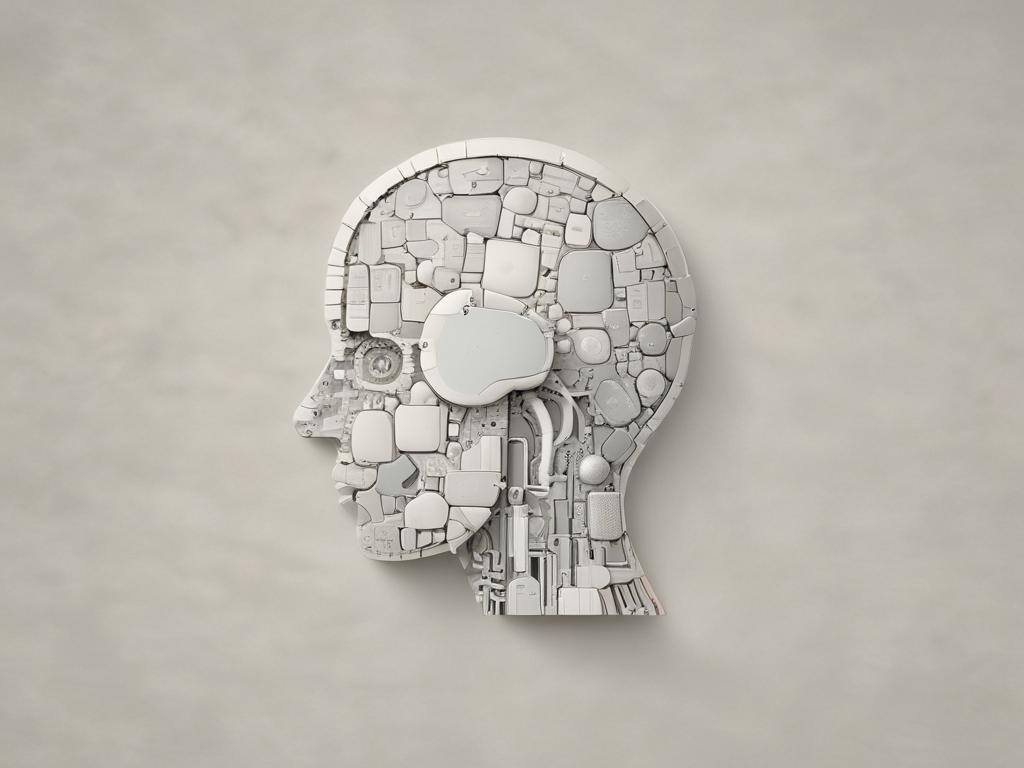
In today’s fast-paced educational landscape, artificial intelligence (AI) is transforming the way students learn and educators teach. With an array of AI tools at their disposal, learners can personalize their experiences, engage with interactive content, and receive instant feedback tailored to their individual needs. Discover how AI tools revolutionize learning experiences for students and educators by providing innovative solutions that not only enhance understanding but also foster a love for lifelong learning.
Educators are also benefiting from these technological advancements, as AI offers powerful insights and strategies to optimize their teaching methods. By harnessing AI, teachers can analyze student performance, streamline administrative tasks, and create customized lesson plans that resonate with diverse learning styles. In this blog post, we will explore the transformative impact of AI tools on academic success, empowering both students and educators while providing actionable steps for effective integration into educational settings.
Transformative AI tools: Revolutionizing the learning experience for students
Artificial Intelligence (AI) tools are transforming how students access information and engage with learning materials. From personalized learning platforms to intelligent tutoring systems, AI tailors educational content to meet individual needs, helping students learn at their own pace. For instance, adaptive learning technologies analyze a student's strengths and weaknesses in real-time, offering customized exercises that target areas needing improvement. This personalized approach not only enhances understanding but also boosts students' confidence, making learning more enjoyable and effective.
Moreover, AI-driven tools enable collaborative learning environments that foster engagement. Virtual study groups powered by AI can connect students from diverse backgrounds who share similar academic goals. These tools facilitate real-time feedback and adaptive communication, allowing for richer discussions and deeper understanding of complex topics. As students engage with AI technology, they develop critical thinking and problem-solving skills essential for success in the 21st century. By harnessing the power of AI, we are not just improving educational outcomes; we are revolutionizing the entire learning experience.
Empowering educators: How AI enhances teaching strategies and outcomes
AI tools empower educators by providing personalized insights into student performance and learning patterns. With data analytics, teachers can identify which concepts students struggle with the most, allowing them to tailor their instructional approaches. For instance, AI-driven platforms can analyze assessment results and offer actionable recommendations, enabling teachers to fine-tune their lesson plans. This targeted approach not only enhances student engagement but also improves overall learning outcomes.
Moreover, AI enhances collaboration between educators and students. Interactive AI tools, such as virtual teaching assistants, offer support during lessons and help manage classroom activities. These tools allow teachers to focus more on nuanced teaching and less on administrative tasks. By automating routine functions like grading and attendance tracking, AI frees up time for teachers to engage more deeply with their students, fostering a more supportive and innovative learning environment. As a result, educators can create a dynamic classroom that actively responds to student needs and encourages academic success.
Steps to implementation: Discover how to effectively integrate AI into your academic journey
Integrating AI into your academic journey requires a strategic approach that begins with understanding your specific needs and goals. Start by identifying the subjects or areas where you feel AI tools can make the most impact. Whether you seek personalized study aids or collaborative platforms, the right AI tool can enhance your learning experience. Next, familiarize yourself with available AI tools tailored to your academic needs. Explore options such as intelligent tutoring systems, language processing applications, or data analysis software that deepen your understanding and equip you with hands-on experience.
Once you've selected the appropriate AI tools, it's time to implement them into your routine. Incorporate these technologies gradually to avoid overwhelming yourself. Set clear learning objectives for each session and use the AI tools to track progress and adjust your strategies accordingly. Collaborate with peers or educators who have experience with AI integration to share insights and best practices. By immersing yourself in these digital resources and refining your approach based on feedback, you will effectively harness the transformative power of AI, leading to sustained academic success.